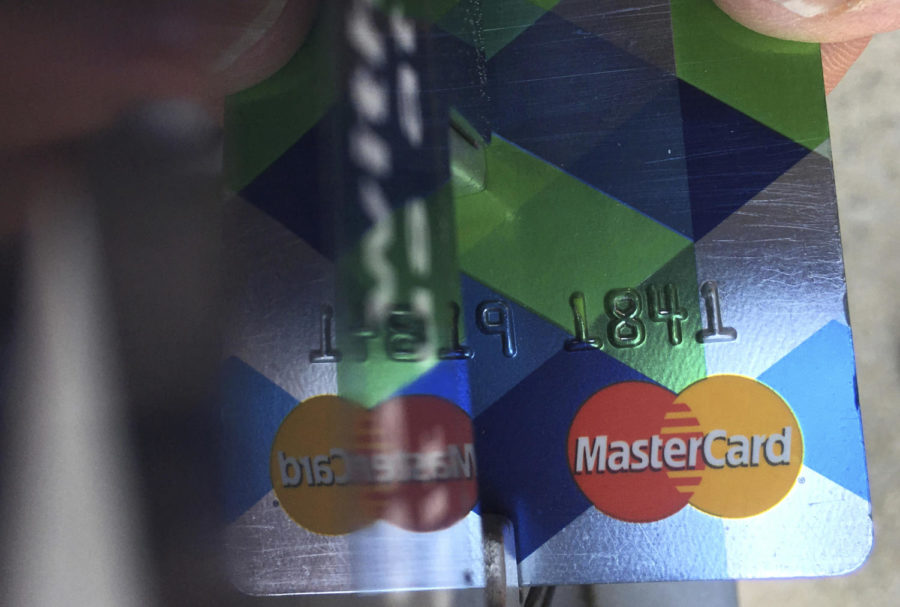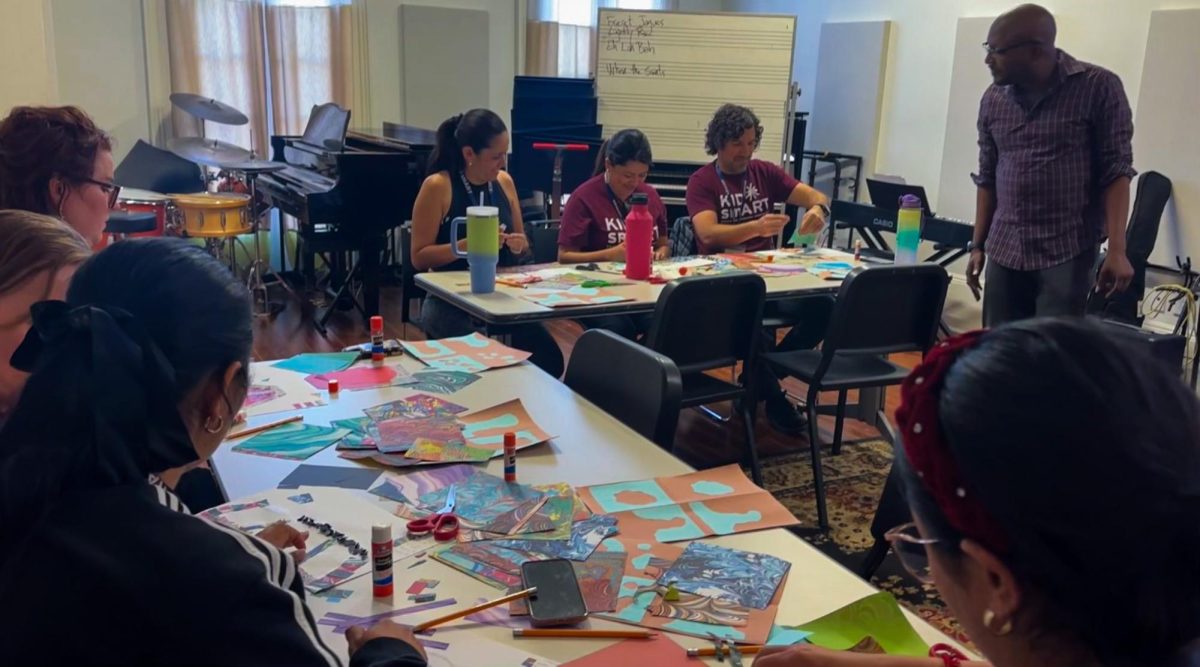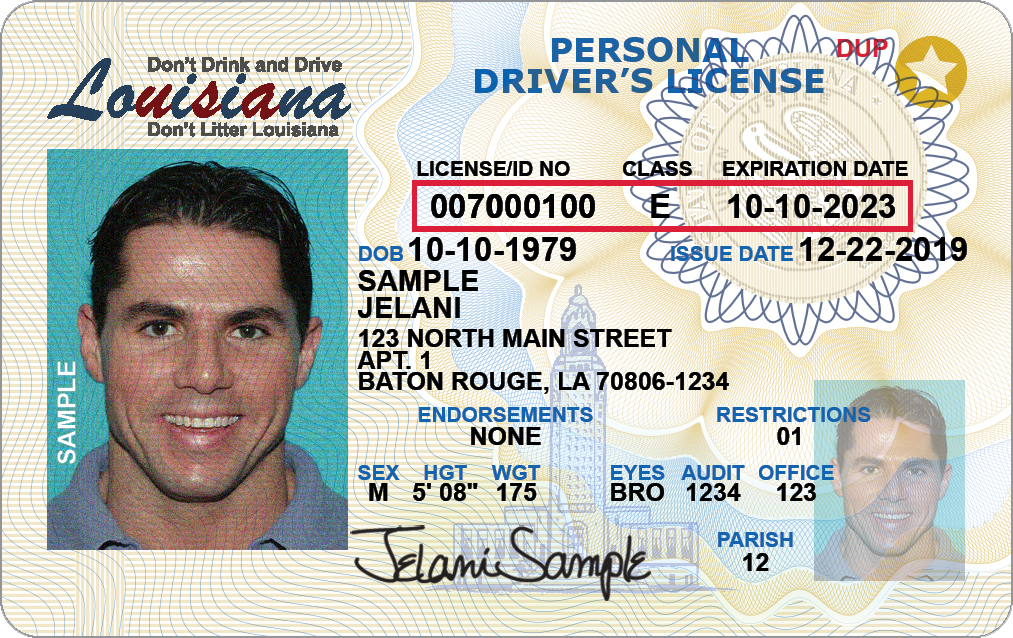With student loan debt in the United States amounting to more than $1.5 trillion, according to a 2018 Forbes report, many students may be asking themselves if college is worth the price.
WalletHub, a nationally recognized personal finance website, is trying to answer that question by providing insight into what students are thinking. According to a 2018 WalletHub survey, one in four college students in the U.S. believe excellent credit is worth more than a college degree.
In the survey, WalletHub found that one in three college students think they’ll be worse off financially than their parents and that four in ten college students say credit card debt worries them more than student loan debt, among other statistics.
“I find it pretty disheartening,” said Ira Rheingold, executive director and general counsel of the National Association of Consumer Advocates
John Levendis, associate professor of economics at Loyola University, doesn’t discount the importance of having a college degree. Levendis said that good credit and a college degree are “not mutually exclusive.”
“College is a great investment which pays off in many ways including higher incomes,” said Levendis, “Earning a college degree and leveraging that degree toward a profitable career is a great way to get a good credit score.”
Music therapy senior Calvin Tran believes good credit is important and is the reason he applied for his own credit card at age 20.
“I started building my credit when I got a credit card two years ago,” Tran said. “I just knew that I need good credit to get a car or a house.”
However, Tran doesn’t count his credit score as more important than his degree. Like Levendis, Tran said the two often go together.
“I love school,” Tran said, “A degree is more important to me. Knowing how to spend your money well in school will help you with your future, and you might be able to build credit while getting an education.”
Students often pay for college through scholarships and student loans. As far as borrowing money to pay for college goes, Tran is not alone. More than 44 million Americans hold student loans, according to a Forbes report, and a survey conducted by Citizens Financial Group found that the average bachelor’s degree holder takes 21 years to pay off his or her loans.
“I do take out student loans. I was lucky enough to get scholarships and grants,” Tran added, “The loans I have aren’t a lot, but they do add up. Me and my parents have been starting to pay them off, especially with my RA job”.
According to the WalletHub survey, 63 percent of college students say that their school is not doing enough to educate them about personal finance.
However, Levendis also said that college often provides the perfect opportunity to take a finance class, allowing students to learn the basics of budgeting and financial credit.
Many graduates may apply for credit cards while paying off loan debt, which Levendis said may exacerbate the issue.
“[Students] often end up financing a lifestyle with credit cards and find themselves in debt,” Levendis said. “They also often start out with college debt, but have chosen majors without a view toward employability.”
Jagdish Sheth, professor of marketing in Emory University’s Goizueta Business School in Atlanta, Georgia, said that students should closely watch how they use their credit cards.
“College students are online shoppers for everything including food delivery, ride sharing and cost sharing among roommates,” said Sheth. “This is done using credit cards. If you jeopardize your credit rating, it is likely that your credit card may be cancelled.”
Levendis shared basic advice to follow as a student, during and after college.
“The key to financial stability is to always live within your means,” said Levendis. “Try to save and invest a little bit from every paycheck, even if it makes you uncomfortable.”














